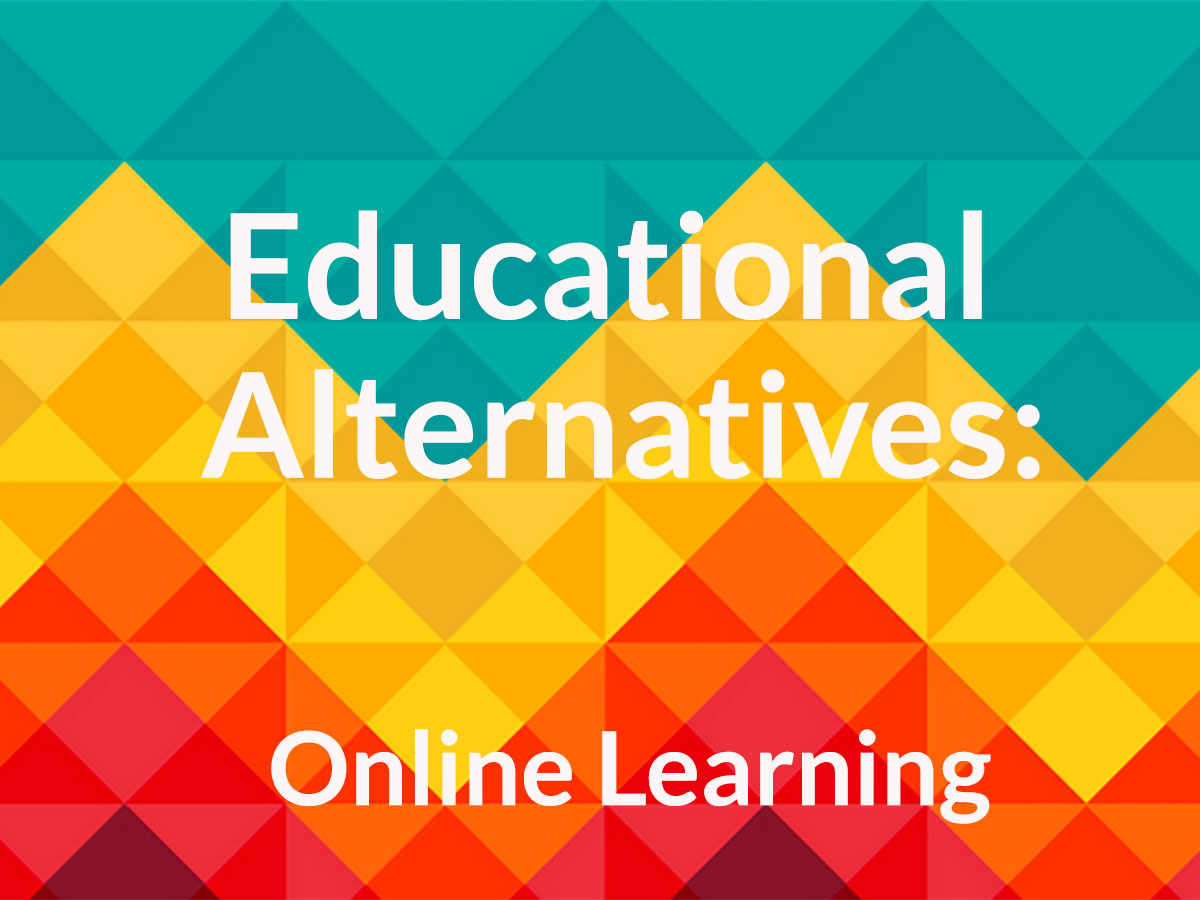Swapping University Campuses For Stay-At-Home Learning

Laura Garcia discusses the benefits of online universities and why campus universities should soon be a thing of the past.
University campuses served a purpose when face-to-face communication was the only way. But now a degree can be completed in the comfort of your own home, with a cup of tea in hand, while saving over half the price. So why are we still paying thousands of pounds for an average of 14.3 contact hours, 30 weeks of the year? Massive open online courses (MOOCS) not only save students huge, unnecessary costs, they are a more flexible, sufficient and comfortable way to earn a degree.
Saving Money And Time
If students were to work Monday-Friday, 9am-5pm (which MOOCs allow for), the overall time it would take to complete a degree would considerably decrease, meaning students could graduate sooner.
This would allow students to:
- Enter the workplace earlier
- Earn money earlier
- Become independent earlier
Apart from saving time, tuition fees would be severely reduced as university lecturers would need to be paid less and campuses wouldn’t need to be maintained. This would save students on average £25,062 throughout the whole degree. Travel, accommodation and living costs would also be saved, due to most students continuing to live in family homes and saving 100% of the money needed to travel to campus. This alone would save students on average £40,254 over the degree.
The Comfort And Convenience Of MOOCs
Physical universities require students to go out in all kinds of weather, trailing from one end of campus to the next. All this, for learning that could be done in the comfort of their own homes. At home, a student’s day would be more relaxing and therefore they’d be in a better frame of mind to work. MOOCs allow for around the clock learning, at times to suit the students. If you don’t like ‘9ams’ and prefer ‘9pms’ then this wouldn’t be an issue. The flexibility in working hours would also make part time jobs more accessible due to no longer having the time constraints that come with physical classes.
[rife-guide-events]
Equality
Online degrees would also work towards equality of opportunity for certain marginalised groups. For example, there would be more time for students with dyslexia to take notes as lectures and classes could be paused and replayed whenever necessary. The physically disabled wouldn’t be faced with the potential difficulties when it comes to travelling to/from and on campus. Online universities could be the answer to removing the barriers that physical universities construct.
Enhanced Learning Opportunities
Some may argue that physical universities allow for enriched discussions in seminars and workshops. But the benefits of virtual discussion boards may outweigh the benefits of in-person discussions. Students would be able to freely voice their ideas and opinions without being scared of judgement from their peers in large rooms and lecture halls. If students felt more comfortable with contributing to discussion, more effective learning could occur. Online discussions would also give students more time to contribute, rather than missing slim chances to speak up. This is because an input could be submitted at any time of the discussion (even the day after), making sure everyone’s contributions were acknowledged.
What About The Social Side?
Inevitably, university gives the opportunity for students to enter a whole new social world, with Freshers’ week, societies and club ‘student nights’ most days of the week. But aren’t university fees an excessive price to pay to make friends? Most towns will have clubs and social groups that young adults can join at a much cheaper price than a university degree. It is likely that students studying online would be living in the same place as their sixth form/college peers anyway (as no travelling for universities would be required).
Administrative Benefits
It must be said that there is something satisfying about physical libraries. However, there is something unsatisfying about the amount of out of date information they store. MOOCs would provide only online libraries, meaning ebooks would be updated instantly so students would have access to relevant and recent sources. Progress and attendance would also be easier to monitor as students’ usage of the online course content could be tracked all year round. This is information that could get lost at university campuses with no or unofficial/paper registers occurring during lectures.
The Way Forward
Technology has advanced so much over the past century that we are reaching a point where almost everything can be done online. For some reason we aren’t making the most of this when it comes to higher education. Whatever this reason may be, it seems hard to imagine one worth sacrificing the benefits MOOCs can provide us with. Apart from all of the benefits mentioned, research has shown that students taking online classes actually perform better than those who receive face-to-face teaching. Is this point not enough in itself to suggest that online learning should replace all campus based learning?
Has this article helped you in any way? Have you had an alternative education or are you thinking of one? Let us know — @rifemag
Find out more about the Apprenticeships and where to start
Find out more about other courses at City of Bristol College

About Rife





